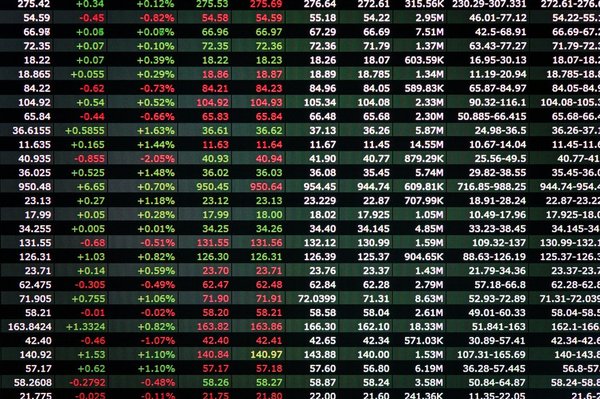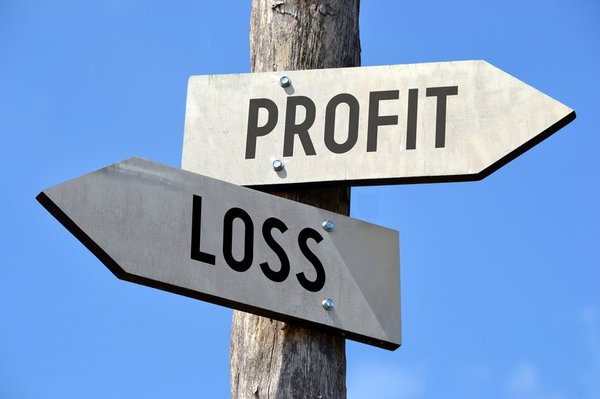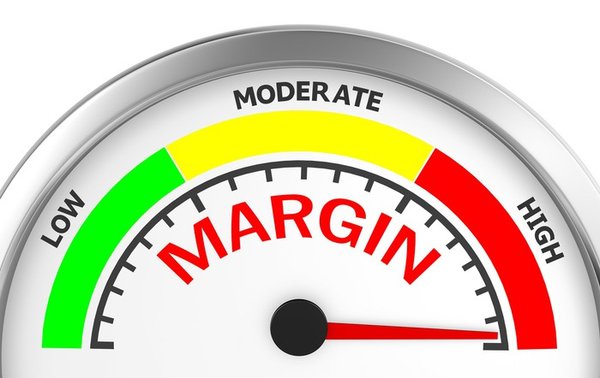Owning stocks is the easiest and most common way to invest money. But buying options can help you reduce your portfolio's downside exposure and earn attractive returns with relatively little up-front capital. Keep reading for a brief overview of options and stocks and how they differ.

Options vs. stocks
Some of the key ways stocks and options differ include:
| Stocks | Options |
|---|---|
| Allow investors to directly own an equity stake in a business. | Indirect derivative securities that don't represent ownership in a business. |
| Initial capital requirement generally equal to the price of a stock. | Initial capital requirement much less than the full stock price. |
| Low complexity and well-suited for beginner investors. | Complexity can be high, so usually better suited for sophisticated investors. |
What are options?
An option is a financial instrument that represents the right to buy or sell a particular security. An option specifies a pre-determined price at which the security can be purchased or sold and a pre-determined expiration date, after which the option is worthless. An option is a derivative security because it derives its value from an underlying security such as a stock.
While investors can certainly trade options along with stocks, purchasing options also confers some unique risks. An option loses its entire value after a certain date, whereas stocks tend to retain value indefinitely.
Types of options
Options are broadly classified as either call or put options, which confer the right to either buy or sell:
- Call options: A call option gives the holder the right, but not the obligation, to buy a certain security at a predetermined price on or before a predetermined date. For example, a November 2021 $100 call option on Apple (NASDAQ:AAPL) would give you the right to buy 100 shares of Apple stock for $100 each at any time before November 2021. Most option contracts by default represent 100 shares of stock, so the purchase price for an option is typically 100 times the published option price. If this Apple call option is priced at $2, then you would pay $200 for the option.
- Put options: A put option gives the holder the right, but not the obligation, to sell a certain security at a predetermined price on or before a predetermined date. A January 2022 $50 call option contract on General Motors (NYSE:GM) would confer the right to sell 100 shares of General Motors stock for $50 each at any time before January 2022.
European-style options differ slightly because they can only be exercised on their expiration dates. U.S.-style options can be exercised at any time on or before their expiration dates.
Pros and cons of options
Using options as part of your portfolio has several advantages and disadvantages.
Some of the pros include:
- Easy access to leverage: When you buy an options contract, you only have to pay a fraction of the value of the shares in order to gain exposure to a stock. That can allow you to generate significant gains on a small investment. On the other hand, it could produce big losses.
- A good hedge: Options can be used in conjunction with stock holdings to hedge a position or produce additional income. For example, you could write a call option to generate income on a holding now, but the upside potential is limited. Likewise, you could buy a put option to protect against downside risk.
- The ability to buy stock at a lower price: You can sell put contracts in order to get paid while you wait for a stock to reach your target buy price. This can help generate income on the cash sitting on the sidelines waiting for a buying opportunity.
Some of the cons include:
- Expiration: Options will eventually expire, which means that you have a limited time for your investment thesis to pan out. So, not only do you have to be right, you have to be right right now.
- Time value decay: Since options expire, part of their value is determined by how long they have until expiration. As they get closer to expiration, that value decays. Some options will expire worthless as a result.
- Short-term gains: More often than not, the gains made on an options trade will be short-term. As such, you'll have to pay taxes on the gains at your regular income tax rate instead of the preferred long-term capital gains tax rate.
What are stocks?
Stocks, also known as equities, are a type of security that represents a proportional ownership stake in a company. If a company issues one million shares of stock and you buy one share, then you own one-millionth of that company.
Buying and holding stocks is the easiest and most straightforward way to invest.
Pros and cons of stocks
Buying and selling stocks has its own set of benefits and drawbacks.
The pros include:
- Dividends: As a shareholder, you'll receive dividends from any company that pays them. If you gain exposure to the stock through a derivative such as an options contract, you won't receive any dividends.
- Indefinite holding period: There's typically no limit to how long you can hold your shares. As long as a business is operating as a publicly traded company, you can keep your shares. That means you have plenty of time for your investment thesis to play out. It also means you can easily hold for a year or longer and only pay the long-term capital gains tax rate on any gains.
- Low cost of entry: Many brokers will allow you to buy fractional shares of stock for as little as $1 or $5. Despite the leverage provided by options, you'll usually have to invest a lot more since they're sold in units of 100.
The cons include:
- Limited leverage: Trading stocks with leverage isn't a great strategy, but most brokers won't provide you with much margin to begin with. The typical broker will only loan up to 50% of your stock purchase price.
Related investing topics
Is investing in options or stocks right for you?
Beginner investors should first get comfortable with investing in stocks before they consider buying options. Options can help advanced investors to limit their downside risks and are generally used to complement a stock investing strategy. Any investor should be sure to become significantly knowledgeable about options and their risks before committing capital to these complex derivative securities.
Option and Stock FAQs
Are options riskier than stocks?
The risk level of different types of options varies greatly, as does the risk level of different stocks. Broadly speaking, options are riskier than stocks because they are derivative securities with typically greater price volatility.
Can I lose more money in stocks than options?
While stocks are generally more expensive than options and can lose all of their value, options expire worthless after specific dates. Losing money on expired options is more likely than a stock's value dropping to zero.
Why do some stocks not have options?
Buying and selling options is attractive to investors only if the market for those options is sufficiently liquid, meaning that the options can be bought or sold easily. Stocks with limited public interest or that trade in over-the-counter markets are less likely to support an efficient options market.























































































































